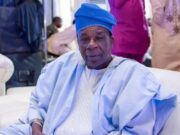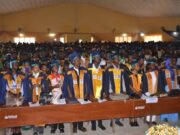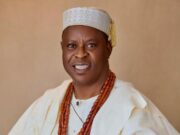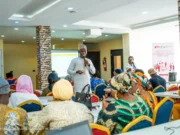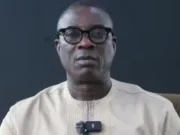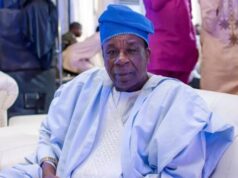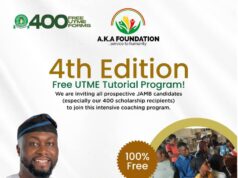Key stakeholders in Kwara State have raised serious concerns over what they describe as a burdensome and disjointed tax system, calling for urgent reforms to promote accountability, fairness, and public trust.
Speaking at a consultative meeting on tax justice in Ilorin, organised by the Brain Builders Youth Development Initiative (BBYDI), with support from CISLAC and funded by Christian Aid Nigeria; market leaders, civil society actors and academics warned that the current tax structure is stifling economic activity and alienating citizens from governance.
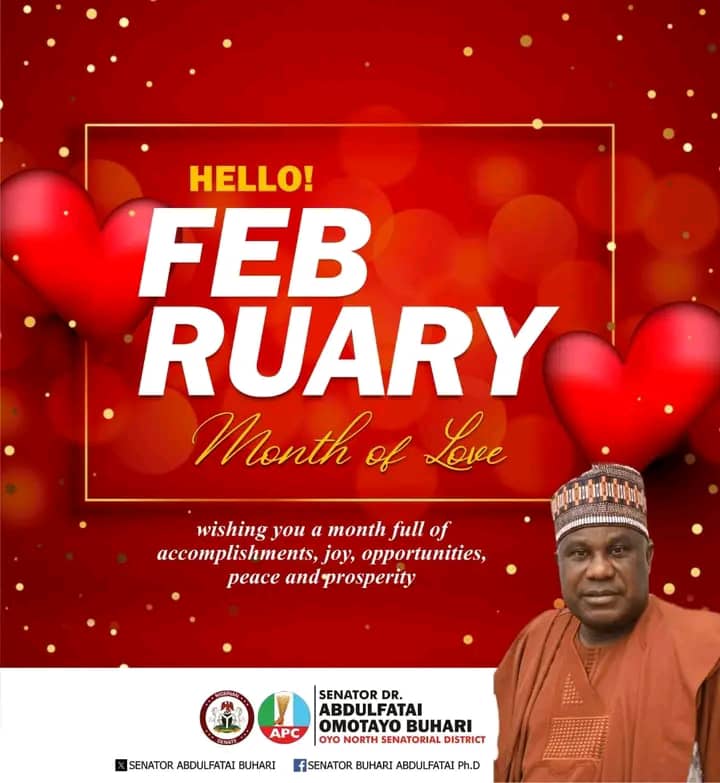
The first session, titled “Understanding the Tax Landscape in Kwara State,” was facilitated by tax consultant Mr. Falana Olaropo. He highlighted widespread gaps in public awareness around ongoing tax reforms and stressed the need for clear communication and signage to explain how tax revenues are used.

In a subsequent session focused on “The Role of CSOs in Advancing Fiscal Justice,” Associate Professor Ruth Abiola Adimula led a discussion on civic responsibility and tax justice.
The Iyaloja General of Kwara State, Hajia Adenike Lambe, lamented the impact of multiple taxation on market women, describing it as excessive and poorly coordinated. She said many traders continue to pay levies without seeing corresponding improvements in public infrastructure or services.
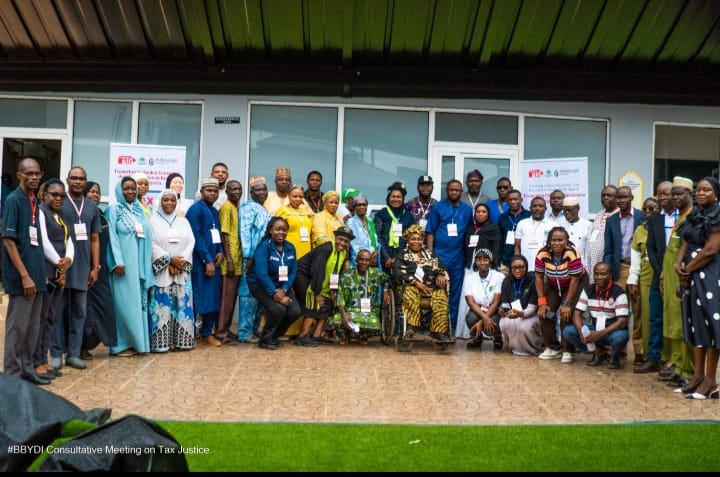
ILORIN: AbdulRahman Bello Sentenced To Death By Hanging Over Ritual-Killing of Hafsoh Lawal
“Initially, there was resistance,” she said. “But market women eventually complied with district-based tax arrangements. Years later, there’s nothing to show for it. There are too many tax officers and little accountability.”
She suggested a harmonised system where the Federal Government collects a single, cumulative tax and redistributes it proportionately—reducing the burden of dealing with multiple agents at different levels of government.
Pastor Ade Abodunde, representing Trios Human Development Foundation, linked excessive taxation to broader social issues, noting that economic pressure on households is contributing to school dropouts and increased cases of gender-based violence.
BBYDI Equips Advocates with Tools to Defend Civil Liberties
“Many parents can no longer meet basic needs because of taxes and levies. It’s pushing some young girls into dangerous situations,” he said. He called for regular, credible town hall meetings to bridge the trust gap between the government and citizens.
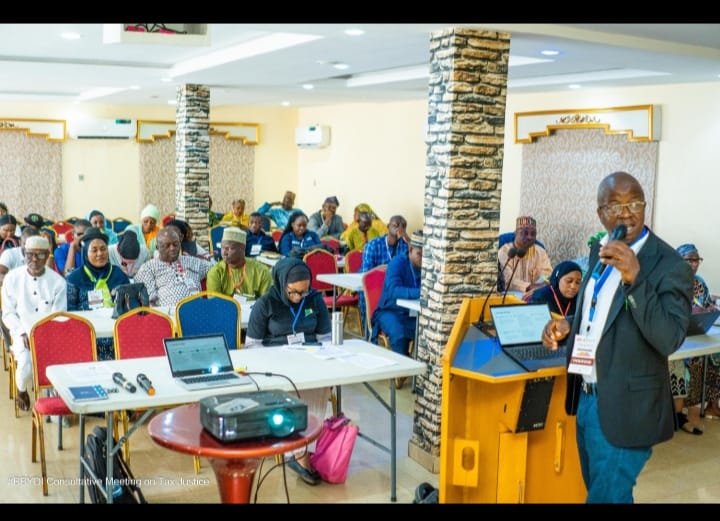
In the session on the role of civil society, Professor Khadijat Yahaya of the Society for Women in Taxation raised alarm over the planned removal of the Tertiary Education Trust Fund (TETFUND) by 2030. She warned that scrapping the fund could damage Nigeria’s research and education infrastructure, saying it remains a vital tool for institutional development.
Tax Evasion: FIRS Hosts 2—Day Conference on Illicit Financial Flows
Mr. Olaoye, a member of the Chartered Institute of Taxation of Nigeria, shared personal experiences dealing with overlapping tax demands across different states. He described the current system as confusing and unsustainable, and called for serious policy review and implementation of practical reforms.
The meeting also featured a co-creation session moderated by Mr. Sanni Issa Alausa, BBYDI’s Communications Director. Participants were grouped into three clusters to draft policy recommendations on inclusive tax compliance, grievance redress, and CSO-government collaboration.
Key proposals included the need for clear taxpayer education, simplified compliance procedures, and stronger oversight of the Kwara State Internal Revenue Service (KW-IRS). Participants also called for progressive taxation policies that prioritise the poor, the creation of a comprehensive taxpayer database to reduce ambiguity, and whistleblower mechanisms to enhance accountability.
The event closed with a collective call for a transparent, citizen-friendly tax system that reflects the realities of ordinary Nigerians and restores public confidence in fiscal governance.



